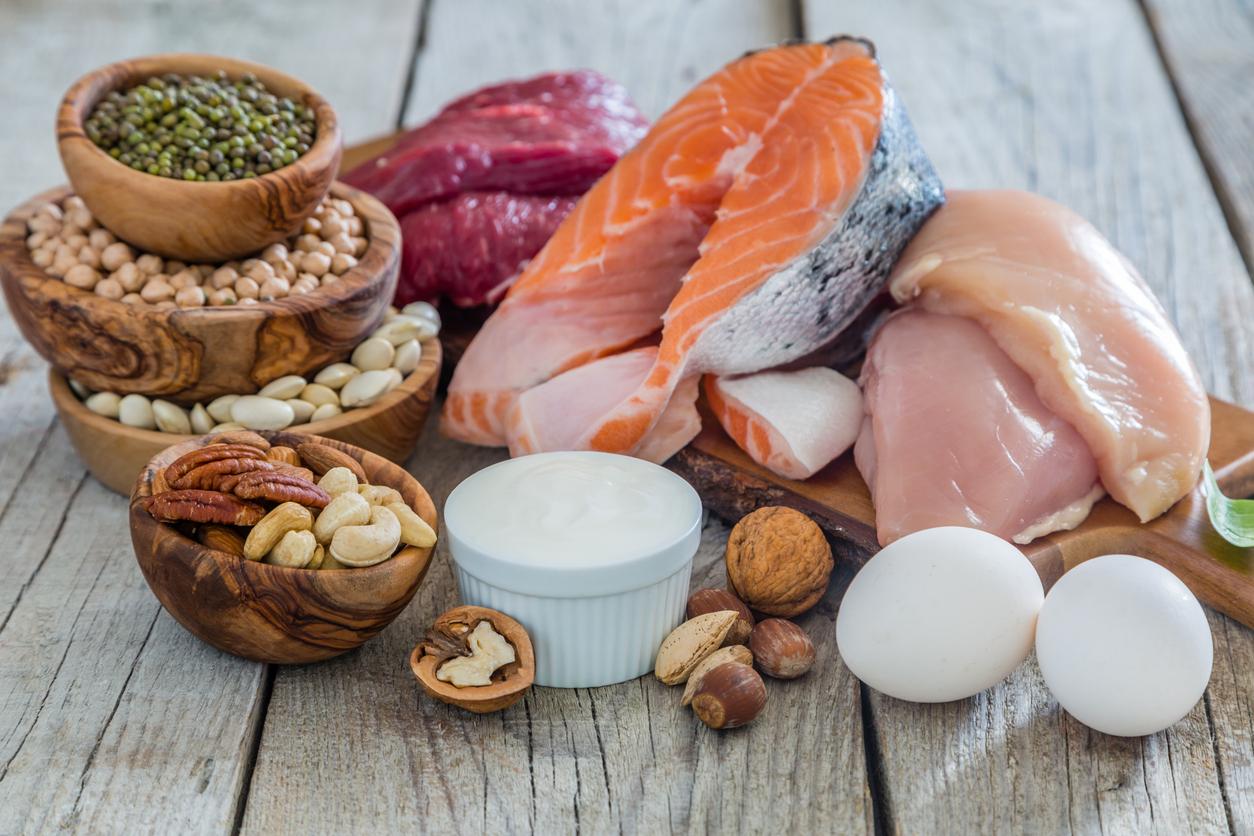A new German study sheds light on the doping nature of ecdysterone, a component naturally present in spinach which helps to improve muscle mass and performance in athletes.

“Eat iron, you will be stronger”. We all have in mind the image of Popeye, this muscular male fictional character who swears by spinach. But it could be that ecdysterone, a component found in spinach, is the cause of the swelling (and not the iron).
In rats, the effects of ecdysterone on muscle mass and increased athletic performance were found to be even more effective than those of certain anabolic agents banned by the World Anti-Doping Agency (WADA), such as metandienone. However, scientific studies in humans are very rarely accessible.
This is the reason why researchers from the Freie Universität Berlinin (Germany) carried out work on cohorts of individuals. “Our project aimed to investigate the effects of ecdysterone-containing products on human athletic exercise,” the authors explain. The study was conducted on a small sample of 46 men and published last May in the journal Archives of Toxicology.
The volunteers were divided into several groups: one received ecdysterone in the form of a food supplement, the second a placebo dose. All had been training for at least a year. The latter were, as part of the study, invited to perform dumbbell exercises for ten weeks, such as training on a weight bench, the squat or the deadlift. Analyzes of blood and urine samples were also taken in order to detect the presence of ecdysterone and biomarkers likely to improve sports performance.
A doping substance
The men in the group who took the supplement increased their muscle mass by 1.5 and 2 kilograms depending on the dosage (200 mg and 800 mg respectively) as well as their performance, especially during barbell exercises on a weight bench. . No increase in biomarkers of hepatic or renal toxicity was observed.
“Our results strongly suggest the inclusion of ecdysterone in the list of substances and methods prohibited in sports of class S1.2 and other anabolic agents”, conclude the authors of the study who did not expect a such a significant increase in performance.
Despite its small sample size and the fact that it was conducted exclusively on men, the study has the support of the AMA.
.















